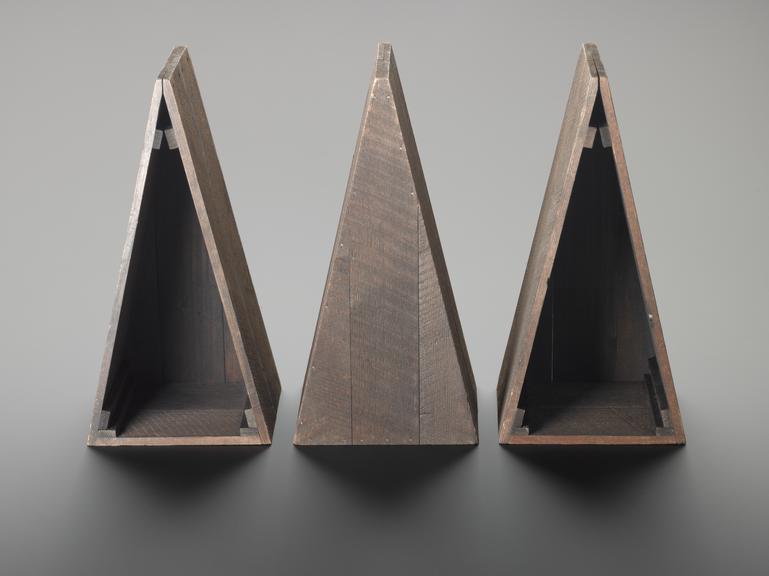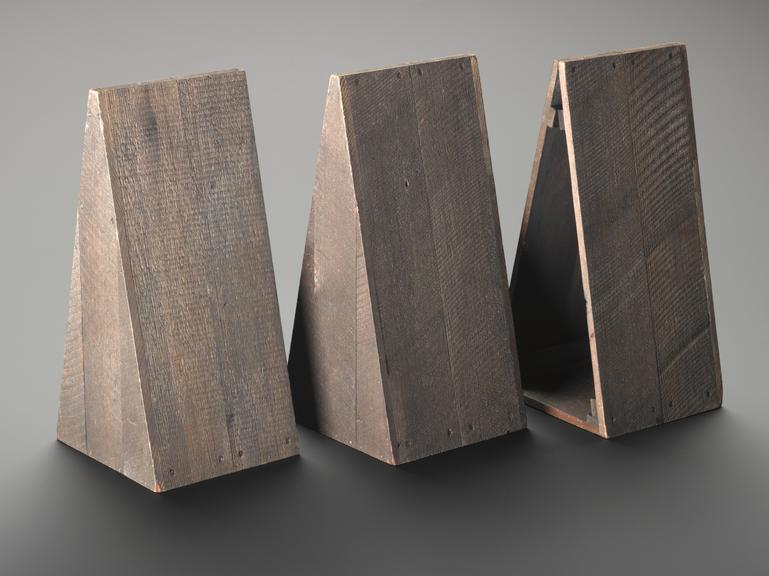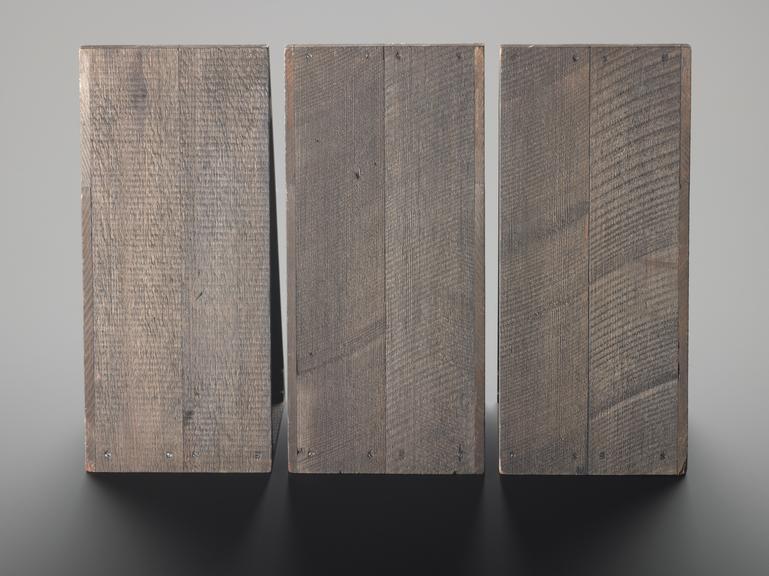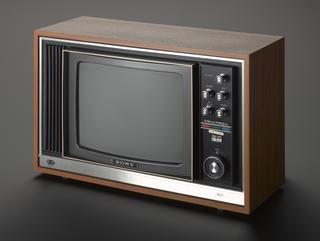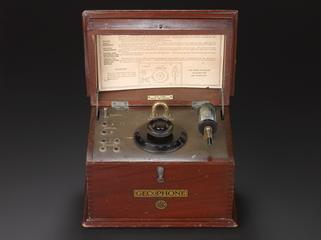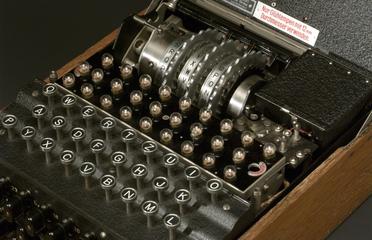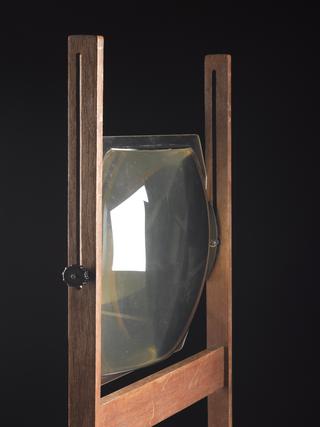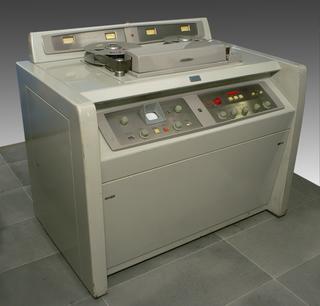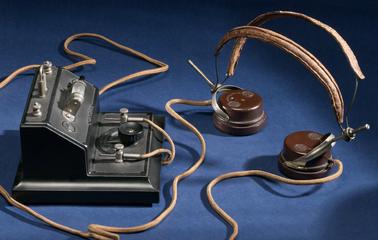
Models of two parabolic zinc reflectors used by Heinrich Hertz, 1949
Model (scale 1:4) of two parabolic zinc reflectors used by Heinrich Hertz, one with oscillator and the other with resonator, made by the Science Museum Workshops, South Kensington, London, England, 1949
More
Model (scale 1:4) of two parabolic zinc reflectors, one with oscillator and the other with resonator, made by the Science Museum Workshops, South Kensington, London, England, 1949.
These are quarter-scale models of the apparatus used by Heinrich Hertz (1857-1894) to attempt to prove experimentally the theory of James Clerk Maxwell that electromagnetic waves behaved in the same way as light. In the years 1886 to 1891 Hertz conducted a classic series of experiments which are some of the most important in science. He designed apparatus for generating and detecting electric waves. He studied them to prove that they possessed all the properties of light and radiant heat. They could be reflected, refracted and polarised and their velocity was 300,000 kilometres per second. In doing so he validated Maxwell’s theory of electromagnetism and began the progressive opening-up of the electromagnetic spectrum.
- Materials:
- zinc (metal) , metal (unknown) , copper (alloy) and wood (unidentified)
- Object Number:
- 1949-52 Pt1
- type:
- scientific equipment
- Image ©
- The Board of Trustees of the Science Museum

